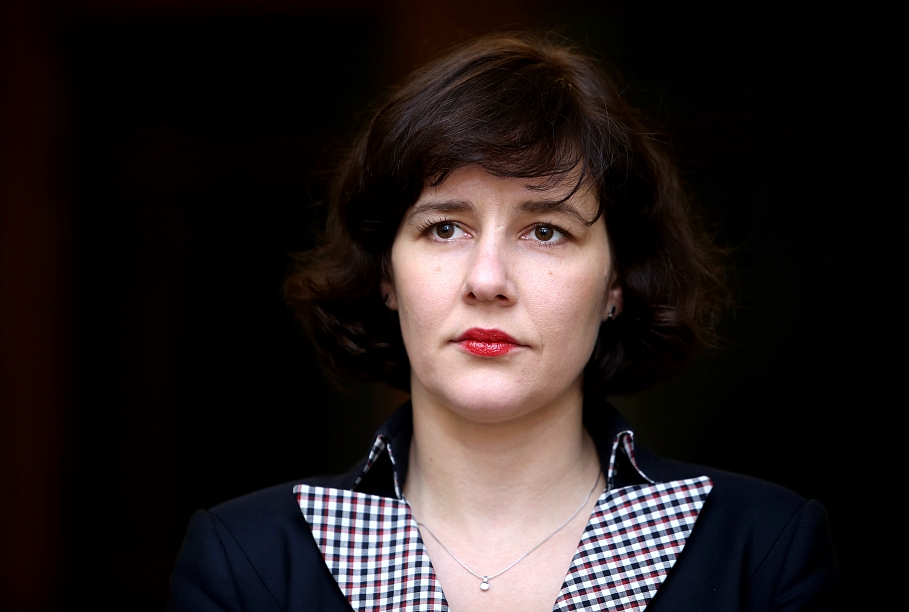Writing on the Finance Ministry website, the minister says the adoption of an action plan to shrink the gray economy will be key: "With the support from the Saeima (Parliament), at least 20 of the measures contained in the plan will be implemented already next year, thus reducing grey economy in the taxometer sector, construction; minimising the VAT fraud risk; establishing more rigid regulation for cash circulation and electronic transactions."
Similarly, enhanced measures to turn around Latvia's reputation as a money laundering destination, particularly for Russian cash, will have an impact in 2017, she promises:
"The system in the field of anti-money laundering and counter-terrorism financing has also been enhanced, strengthening the sanctions for the credit institutions for violations in this field.
"To arrange the system and prevent the use of the Latvian financial system for criminal purposes, as well as to accelerate the information exchange between the financial market participants and the law enforcement authorities, the legal basis for setting up Account Register has been established, where it is planned to include data on actual beneficiaries in transactions closed in the credit institutions in Latvia. The law will take effect on 1 June 2017. We have also elaborated the system of reporting suspicious and unusual transactions."
Looking ahead, the minister identified the priorities for spending in 2017 as defense, public safety and order, health, social security and education.
"As compared to the budget of 2016, the most significant expenditure growth was in the field of defence, where the financing grew by 27.9%, mainly for the purposes of increasing the fighting capacity of the National Armed Forces, provision of military equipment, procurement and recruitment thereof, as well as the re-armament of the Latvian National Guard units," Reizniece-Ozola says.
On future forecasts, the minster manages to be upbeat without making any actual predictions.
"Even though, more recently, global economic instability has not reduced and the external risks for Latvian economic growth are still high, at present we see quite favourable preconditions for the economic development to become much more powerful in 2017," Reizniece-Ozola says, without naming a target figure for GDP growth.
The most recent forecast by the Finance Ministry for GDP envisages growth of 3.5% in 2017 (at constant prices).






























